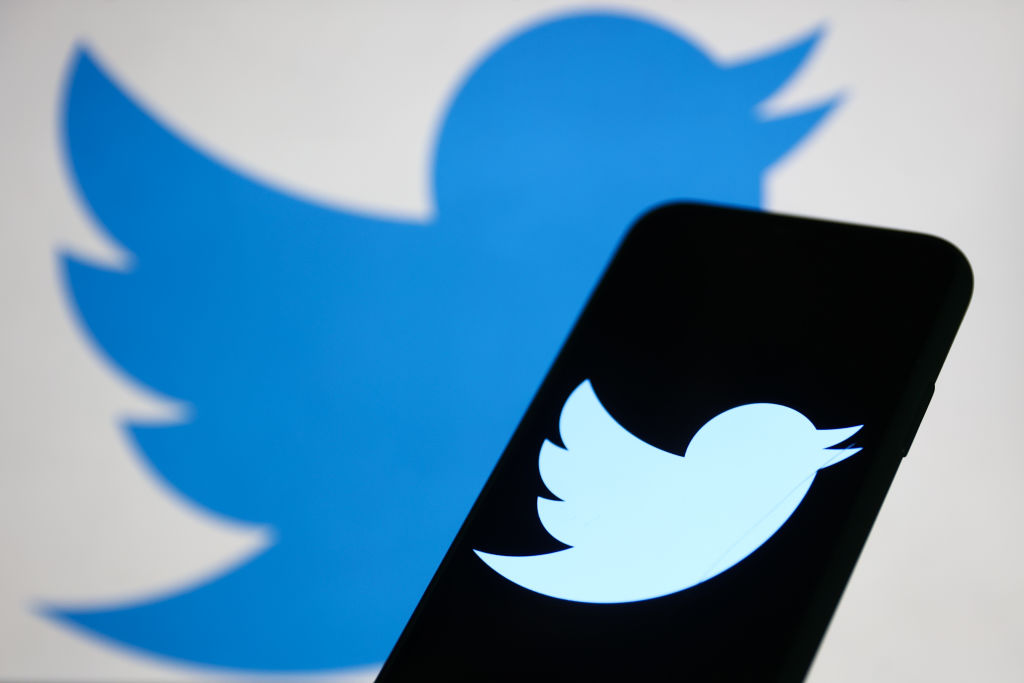
Twitter is launching a new subscription service for $7.99 a month that allows users to verify their accounts, the company announced in Apple’s app store on Saturday. The feature will be a part of Twitter’s already existing Twitter Blue subscription, which is currently $4.99 and offers paid users additional services.
While it’s not clear when the new subscription model will go live, the company said users will be able to receive a blue check mark, “just like the celebrities, companies and politicians you already follow.”
Twitter’s old verification program launched in 2009, amid pressure to authenticate accounts of public figures and agencies to protect the public.
“Twitter’s current lords & peasants system for who has or doesn’t have a blue checkmark is bulls***,” tweeted Musk on Nov. 1. “Power to the people! Blue for $8/month.”
Here’s what to know:
What does the new subscription include?
Outside the blue check mark, those who opt-in for the new service will also experience half of the ads and be able to post longer videos on the platform, according to the announcement.
There isn’t a ton of information available about the updated subscription service, but Musk tweeted on Nov. 5 that current verified users should expect to lose their blue check mark a couple of months after the program rolls out if they choose not to pay the fee.
The announcement did not share whether users will still have to authenticate their identity, or if they will simply receive a verification symbol regardless.
Twitter products team manager Esther Crawford tweeted that the newest Twitter Blue is not live just yet. Android users also do not have access to this new feature. No launch date has been officially announced, though some speculate that it might go live starting Nov. 7.
Twitter Blue was previously described as a monthly subscription “that gives the most engaged people on Twitter exclusive access to premium features.” This includes features like editing a tweet, which launched for Twitter Blue users in October. It is currently available in the U.S., U.K., Canada, Australia and New Zealand.
What are some of the criticisms?
Critics of the verification subscription plan argue that it takes away from the original intent behind the blue check, which helps users identify if they are receiving information from a reliable source. Musk said in a tweet Saturday that accounts that attempt to impersonate previously verified profiles on the platform would be suspended.
Some also argue the company’s newest verification plan puts much at risk in an era of online misinformation, especially as Election Day occurs the day after the program’s suspected launch. Journalists, political scientists and politicians, among others, expressed their concerns about the change online.
“[My] main concern w/ the new Twitter Blue offering is the verified logo has been a marker of trust I.e., ‘we’ve confirmed the person is who they say they are,’” tweeted former United States Director of the Cybersecurity and Infrastructure Security Agency Chris Krebs. “Now it’s ‘we’re taking their $ & their word for it.’ On the cusp of election where source of info is critical, [this is] a major risk.”
Twitter’s previous verification process launched over a decade ago after a number of celebrity impersonation accounts flocked online. Changes began after the company was sued by Tony La Russa, then manager of the St. Louis Cardinals, in 2009 after an account with his name posted insensitive comments online, the New York Times reports. The platform then experimented with a way to verify the accounts of public figures and agencies that were the most at-risk of impersonation.
The old verification system had its issues as well, however. In August 2021, Pulitzer Prize-winning author Cormac McCarthy said that he was not the owner of the verified account under his name, according to the Times.
Musk has added to the controversy, tweeting in support of rumors that Twitter employees were selling verifications for thousands of dollars.
Users also fear that substantial layoffs at the company could impact content moderation, though Yoel Roth, Twitter’s head of safety and integrity, said the content moderation team was least affected by the recent job cuts, AP reports.
“With early voting underway in the US, our efforts on election integrity — including harmful misinformation that can suppress the vote and combatting state-backed information operations — remain a top priority,” Roth tweeted.
More Must-Reads from TIME
- Breaking Down the 2024 Election Calendar
- How Nayib Bukele’s ‘Iron Fist’ Has Transformed El Salvador
- What if Ultra-Processed Foods Aren’t as Bad as You Think?
- How Ukraine Beat Russia in the Battle of the Black Sea
- Long COVID Looks Different in Kids
- How Project 2025 Would Jeopardize Americans’ Health
- What a $129 Frying Pan Says About America’s Eating Habits
- The 32 Most Anticipated Books of Fall 2024
Contact us at letters@time.com